Practitioners, educators, law enforcement personnel and the legal community require continuing education in the constantly advancing field of forensic science. Take advantage of our preeminent expert faculty to enhance your and your labs’ knowledge-base and skill-sets to stay abreast of novel developments in the field. With our comprehensive offering of engaging workshop and continuing education courses, online training courses, internships and certificate programs, you are sure to find a training opportunity to suit your needs. All of our professional development offerings provide you the chance to learn from dynamic faculty on unique topics as well as from internationally recognized leaders in their fields.
 |
Xylazine is a veterinary sedative commonly present alongside illicitly manufactured fentanyl in Pennsylvania’s drug supply, and reports of xylazine-associated wounds continue to grow across the state. Xylazine-associated wounds are now recognized as a distinct clinical entity, and in January 2024 PDPH released guidance on best practices for caring for individuals with xylazine associated wounds.... |
View Course Details |
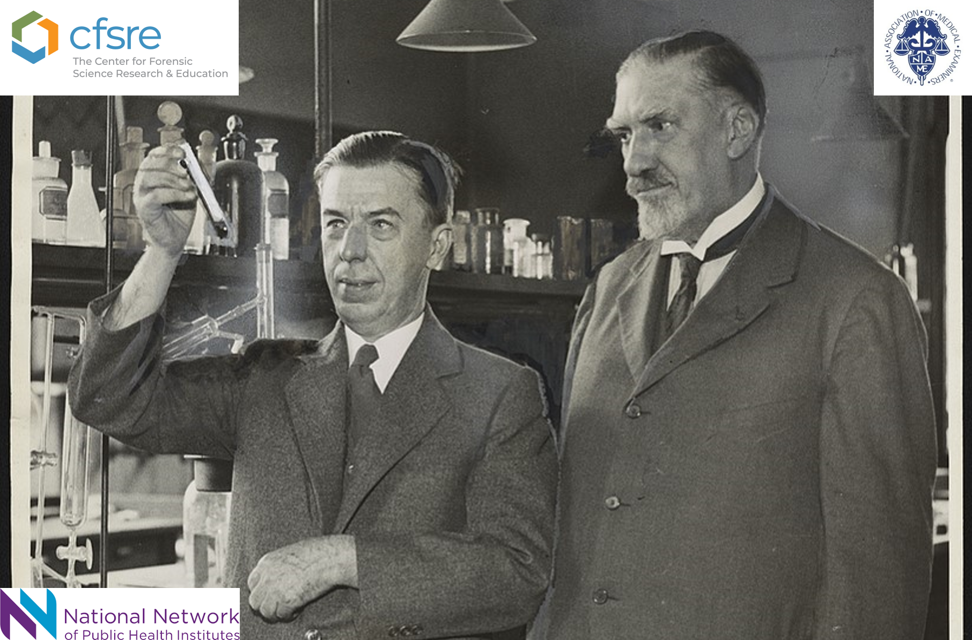 |
The forensic pathologist interprets toxicology results in the context of the autopsy and circumstances of death. There are areas for potential error by the forensic pathologist with regard to toxicology analysis and interpretation in death investigations. These include determining the cause of death based solely on a drug concentration, not considering the nature of the specimen, and failure to communicate with the toxicologist. These pitfalls along with case examples will be presented.... |
View Course Details |
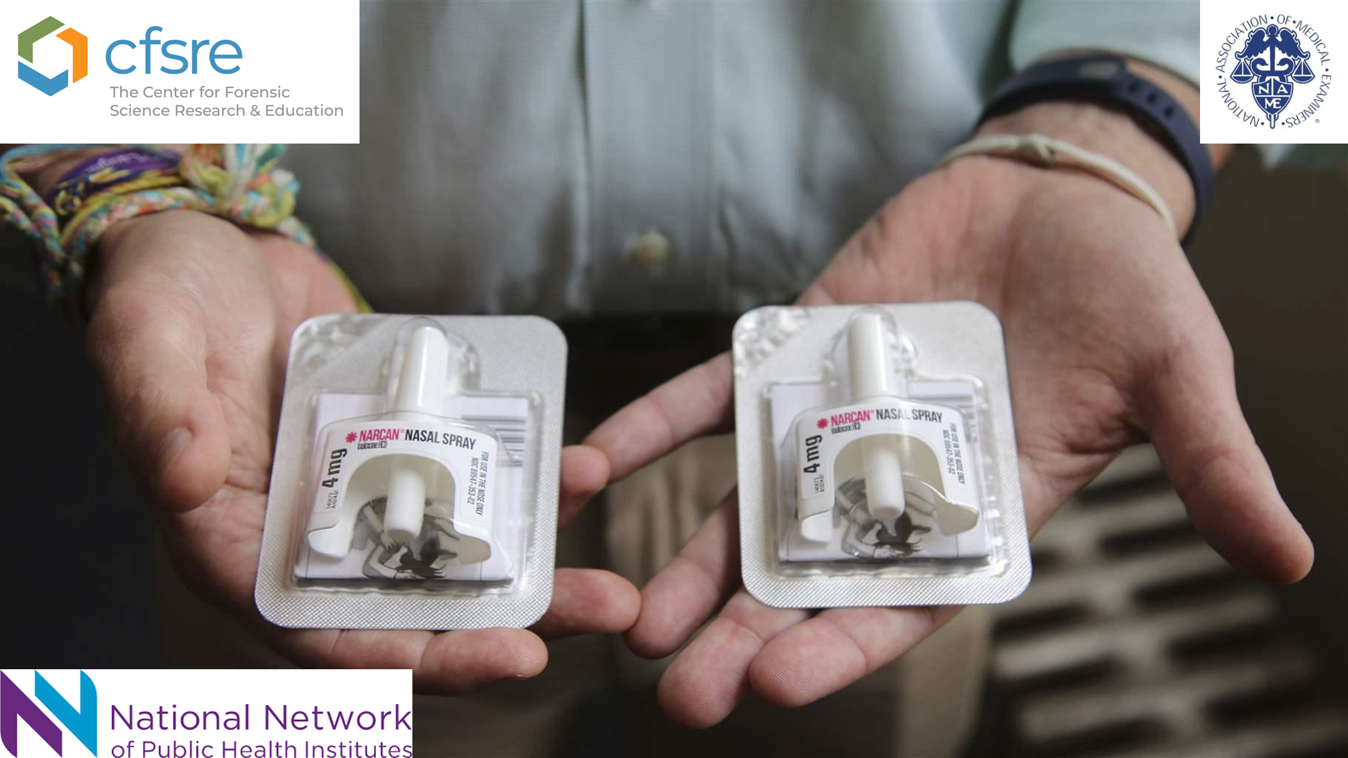 |
The presentation examines a tragic hospital death reported to the MEO as natural, for which the family initially refused an autopsy. It serves as an ideal springboard to examine the difficulties of pain management, basic pharmacology of both narcotics and of naloxone, and how pathologist and tox lab can work together to arrive at the correct cause of death as well as prevent future deaths. |
View Course Details |
 |
The Center for Forensic Science Research and Education (CFSRE), in collaboration with the National Network of Public Health Institute (NNPHI) and the Public Health Institute (PHI), is pleased to announce a new symposium series focusing attention on improvements to accuracy and consistency in recording cause and manner of death in drug toxicity cases. We invite medicolegal death investigation professionals to a free, CME and CE eligible ten-part series focusing on the latest challenges and best practices in the investigation and certification of these often-complex cases. This is the latest in a multi-year program to share best practices, expand our understanding of these deaths, reach new audiences, and stay current with the continuing drug overdose crisis in the U.S. Emerging factors driving current patterns in drug overdose mortality include the complex and variable supply of illicitly manufactured fentanyl and the development and proliferation of other drug classes including novel benzodiazepines, cathinone stimulants, hallucinogens, and adulterants such as xylazine, medetomidine, and various other novel synthetic opioids..... |
View Course Details |
 |
This presentation will review the recent history of the opioid crisis, with a focus on the impact of various scheduling strategies on attempts to control proliferation of new drugs and the emergence of potent novel opioid substances in new chemical classes, including the nitazenes (isotonitazene, metonitazene, and N-pyrrolidino etonitazene), brorphine, and cinnamypiperazines (AP-237, AP-238). |
View Course Details |
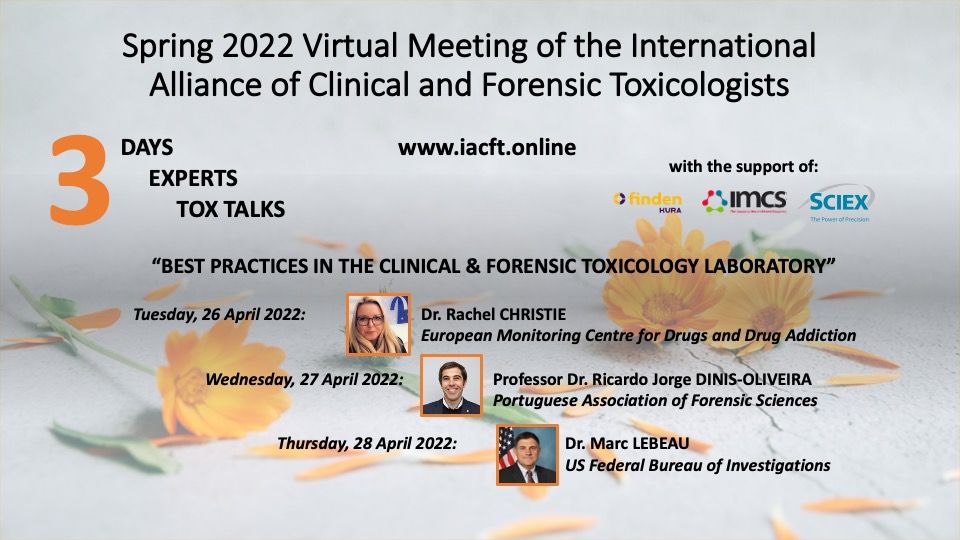 |
The International Alliance of Clinical and Forensic Toxicologists (IACFT), your free, virtual, and multilingual association, is welcoming you to attend its 3-day, Spring 2022 Virtual Meeting.
|
View Course Details |
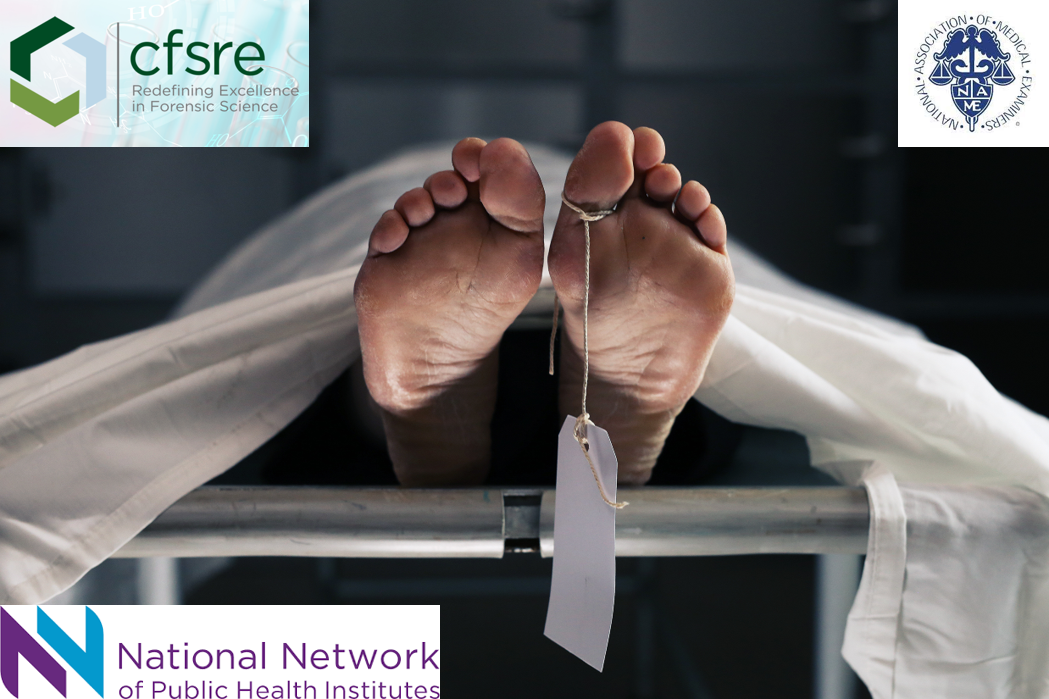 |
The presentation will use three real case examples to highlight and explain what the main points of interest are when trying to determine if postmortem redistribution is a factor in the interpretation of postmortem toxicology results. The presentation will aim to keep the topic and presentation simple, clear, and concise. The presentation will not be able to cover all aspects of this very broad and complicated subject. However, with the 3 case examples and general background information that will be provided, the expectation is that the audience will have a very good fundamental understanding of how to decide what is and is not relevant and how to work through a case so that a reasonable opinion can be rendered. The importance of understanding the context of any case and why, regardless of where you are in the investigation chain, you must have all the information before you can reasonably provide an interpretation and how the sample site(s) also provide important fundamental information. |
View Course Details |
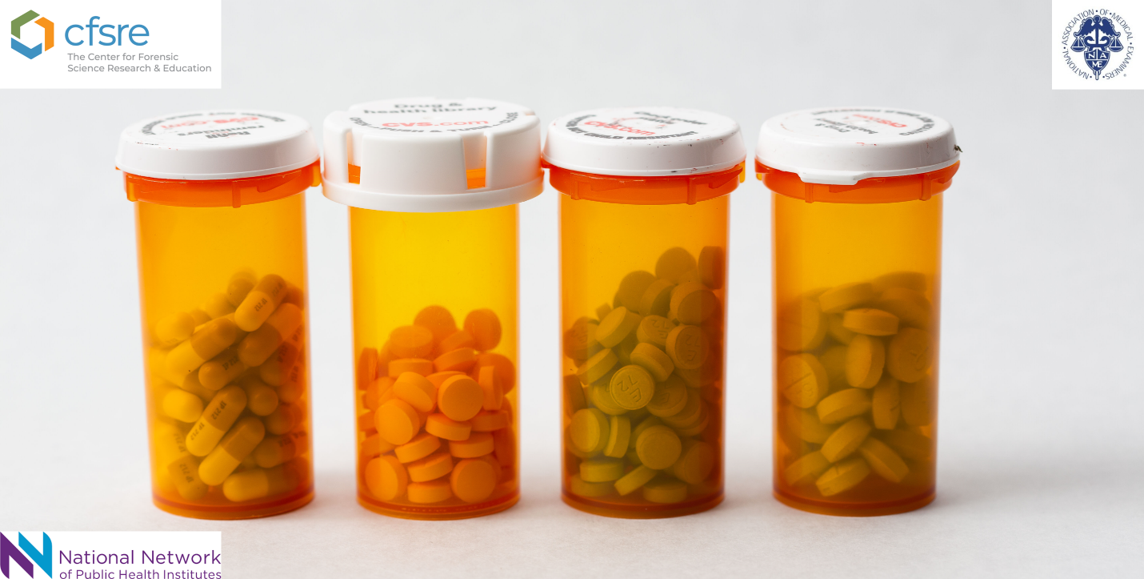 |
Chronic pain and hospice patients often have elevated levels of pain medications in their system due to prolonged use at high doses. Interpretation of these levels can be problematic for the forensic pathologist trying to determine whether these drugs contributed to the cause of death. The goal of this talk is to discuss the issues at play and provide recommendations for toxicologic interpretation. |
View Course Details |
 |
Level: Introductory concepts for support team members and death scene responders Target audience: Medicolegal death investigators, coroners, medical examiners, law enforcement, toxicologists, introduction for persons interested in careers in medicolegal death investigation. Content: This is an introductory module concerning the investigation of death scenes with a focus on drug overdose and drug related deaths. Its primary purpose is to introduce new death investigators, coroners, and law enforcement personnel to best practices of drug death scene investigation and documentation. It will introduce major drug categories encountered in drug deaths, and their effects, personal protection from potential drug exposure at scenes, medication/prescription records review, an overview of laboratory practices that assists in evaluation of drug involvement causing death and working with toxicologists to order appropriate testing and result interpretation. An extensive glossary of toxicology related terms including common and illicit drugs will be provided.
|
View Course Details |
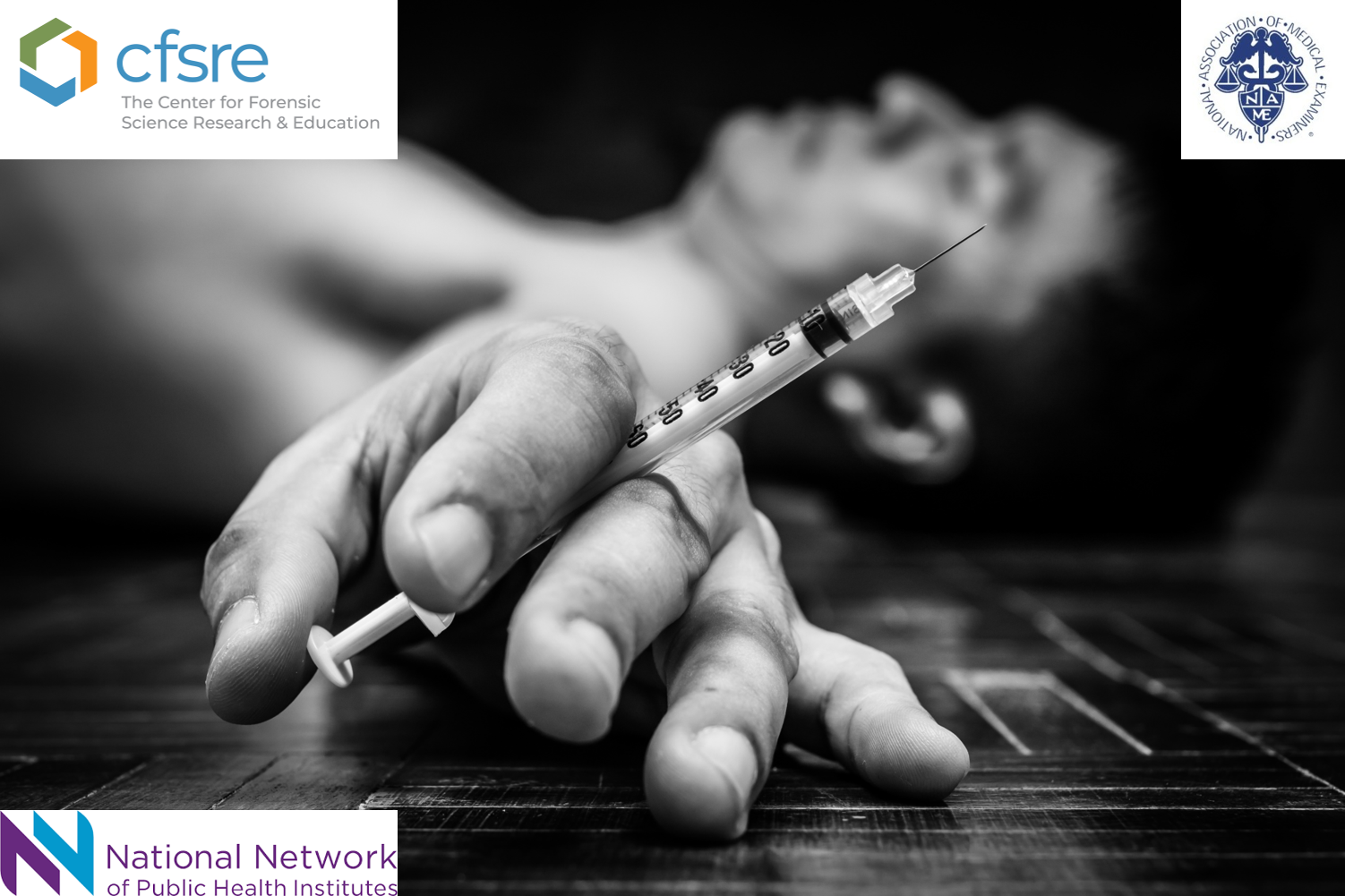 |
In this event, a series of cases will be discussed where methamphetamine made its guest appearance on the toxicology reports and have the Medical Examiner (Mary Sens) and the Toxicologist (Nikolas Lemos) discuss how easy or difficult it was for it to be included on the Death Certificate. The webinar will then conclude with a brief overview of the drug's pharmacology.... |
View Course Details |